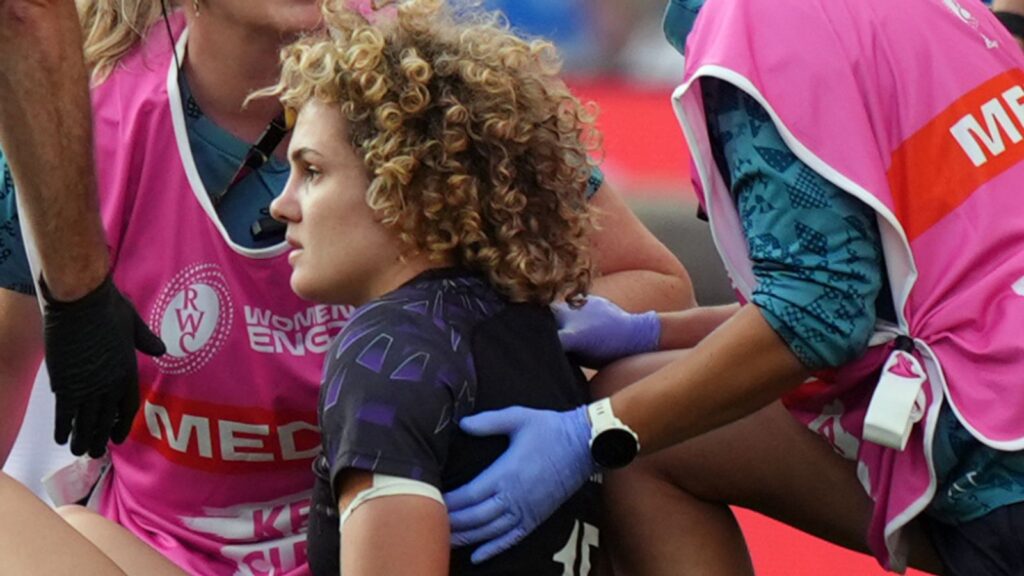The British & Irish Lions are planning to implement a player ban targeting those who sign with the new R360 league, following the example of eight other tier-one rugby unions. This move is seen as a strategy to prevent a potential exodus of England’s Red Roses stars, with a focus on protecting international rugby.
Last month, unions from England, New Zealand, South Africa, and several others announced they would not select players who join the R360 league, which has stirred concerns about its impact on the sport. While Wales and Argentina have not yet followed suit, the majority of the rugby world is in opposition to R360’s disruptive potential.
The primary target for the R360 league are England’s World Cup-winning players, such as full-back Ellie Kildunne, who has expressed interest in exploring options. The league, offering salaries as high as £270,000, could prove too enticing for players in the face of comparatively lower salaries in existing women’s competitions like the Premiership Women’s Rugby.
The Lions’ strategy, backed by the home unions that are shareholders in the team, aims to maintain the integrity of international rugby, with a historic Women’s Lions tour to New Zealand in 2027 seen as a key point of leverage. The fear is that a Lions squad without Red Roses players, who have dominated women’s rugby since their World Cup final victory, would weaken the team and devalue the tour.
Despite the appeal of R360’s financial offers, rugby officials are keen to protect the sustainability of the women’s game. The Rugby Football Union, in particular, has stressed its significant investment in the domestic women’s game, including central contracts and performance support. This, alongside the creation of the WXV global series, has made the RFU hesitant to support the rebel league.
In response, the Lions have reached out to R360 in an attempt to initiate informal discussions but have received little in the way of meaningful engagement. The league’s plans remain unclear, especially regarding the scheduling of matches that could conflict with key international tournaments like the Women’s Six Nations or the Lions tour.
The Lions’ women’s committee, led by former England player Carol Isherwood, is reportedly backing this stance, ensuring that the team remains a priority for top players. The committee’s involvement underscores the growing concern within rugby that the rise of rebel leagues like R360 could undermine the sport’s future.
Both the Lions and R360 have declined to comment on the developing situation.

